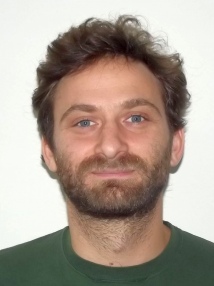BibTex format
@inproceedings{Kantas:2019,
author = {Kantas, N and Parpas, P and Pavliotis, GA},
title = {The sharp, the flat and the shallow: Can weakly interacting agents learn to escape bad minima?},
url = {http://arxiv.org/abs/1905.04121v1},
year = {2019}
}

